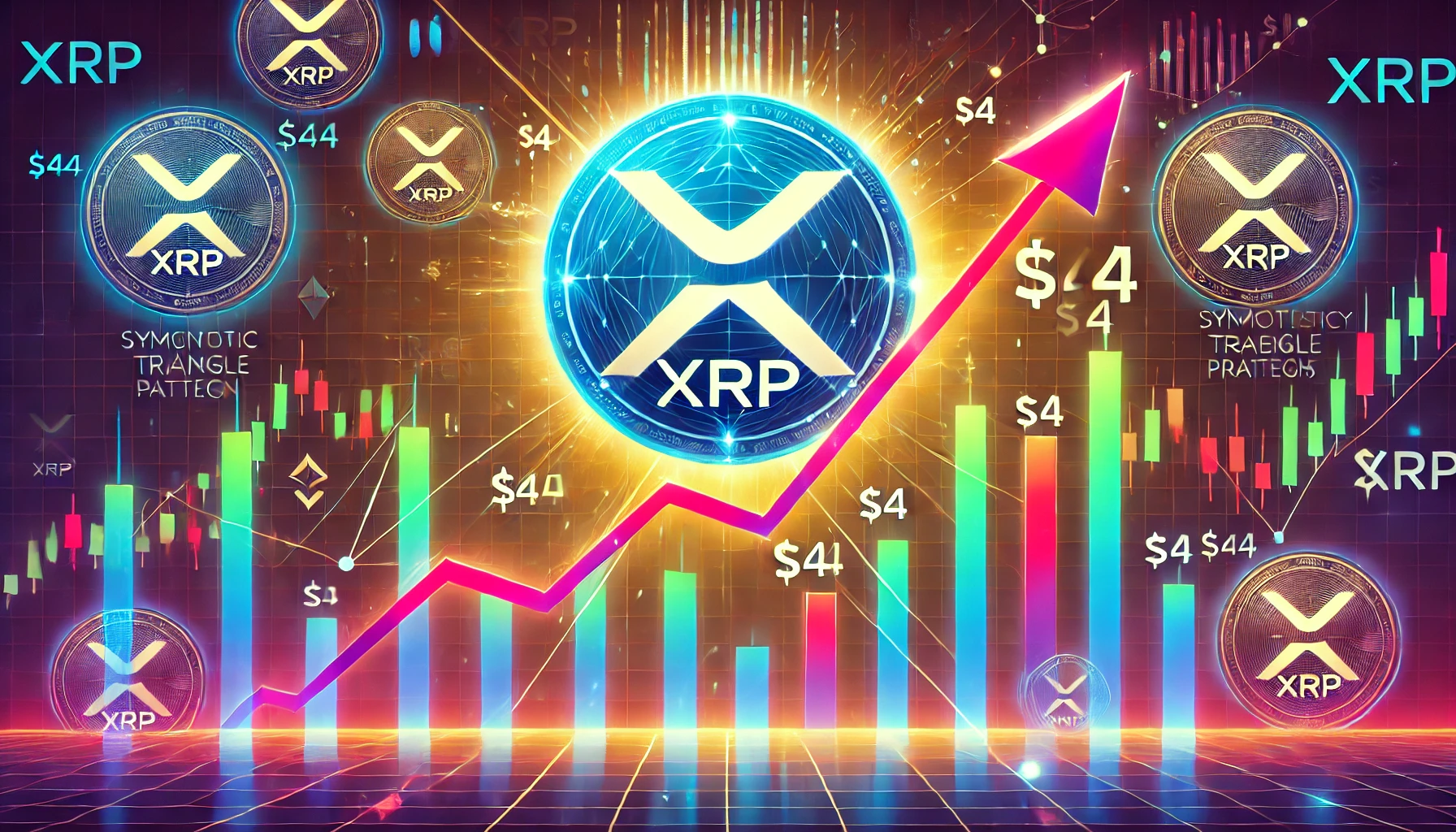The convergence of Artificial Intelligence (AI) and blockchain technology represents a significant leap forward in the digital landscape. Both technologies have independently revolutionized various sectors, and their integration promises to unlock unprecedented potential. This synergy leverages AI’s capabilities in data processing and decision-making with blockchain’s secure and transparent ledger system.
Integration of AI and Blockchain
AI and blockchain, at their core, are complementary. AI excels in analyzing large datasets to uncover patterns, make predictions, and automate decisions. However, AI’s effectiveness heavily depends on data quality, transparency, and security. This is where blockchain comes in. Blockchain provides a decentralized, immutable ledger that ensures data integrity and security, addressing many of the challenges AI faces.
One way AI can benefit from blockchain is through data provenance. Blockchain’s transparent and tamper-proof nature ensures that the data fed into AI systems is trustworthy, thus enhancing AI’s reliability and performance. Additionally, smart contracts on blockchain can automate the verification and execution of AI algorithms, ensuring that AI processes are transparent and adhere to predefined rules.
Conversely, AI can enhance blockchain by improving its scalability and efficiency. AI algorithms can optimize blockchain operations by predicting transaction loads, managing resources, and even securing blockchain networks through advanced anomaly detection.
Benefits of AI and Blockchain Integration
The integration of AI and blockchain offers several compelling benefits:
- Enhanced Data Security and Privacy: Blockchain’s encryption methods and decentralized structure make data tampering nearly impossible. When AI systems operate on this secure data, the results are more reliable and protected from malicious attacks.
- Improved Transparency and Trust: Blockchain’s transparent ledger allows all stakeholders to verify transactions and data inputs independently. This transparency builds trust in AI-driven decisions and processes, particularly in sectors like finance, healthcare, and supply chain management.
- Automated and Trustworthy Smart Contracts: AI can bring intelligence to blockchain-based smart contracts, enabling them to execute more complex and adaptive tasks. For instance, AI can monitor contract conditions in real-time and make autonomous decisions based on predefined criteria, enhancing automation and reducing human intervention.
- Enhanced Decision-Making: Combining AI’s analytical prowess with blockchain’s comprehensive and accurate data can significantly enhance decision-making processes. Industries like healthcare can benefit from this by ensuring accurate patient records are used in AI-driven diagnostics and treatment recommendations.
Challenges in Integrating AI and Blockchain
Despite the promising benefits, integrating AI and blockchain is not without challenges:
- Scalability: Both AI and blockchain are resource-intensive. Combining them can exacerbate scalability issues, particularly in blockchain networks, where transaction speed and data storage are already significant concerns.
- Complexity and Interoperability: Integrating two complex technologies requires sophisticated architecture and seamless interoperability. Developing systems that effectively combine AI and blockchain necessitates substantial expertise and can be costly and time-consuming.
- Regulation and Compliance: The regulatory landscape for both AI and blockchain is still evolving. Ensuring compliance with data protection laws, ethical guidelines, and industry standards can be challenging, especially when these technologies cross international borders.
- Energy Consumption: Both AI training and blockchain mining are energy-intensive processes. Integrating the two could lead to even higher energy consumption, raising concerns about environmental sustainability.
Conclusion
The integration of AI and blockchain holds immense promise, poised to revolutionize industries by enhancing security, transparency, and efficiency. However, overcoming the challenges of scalability, complexity, regulation, and energy consumption is crucial for realizing this potential. As technology evolves, the collaboration between AI and blockchain will likely lead to innovative solutions, driving forward the next era of digital transformation.







